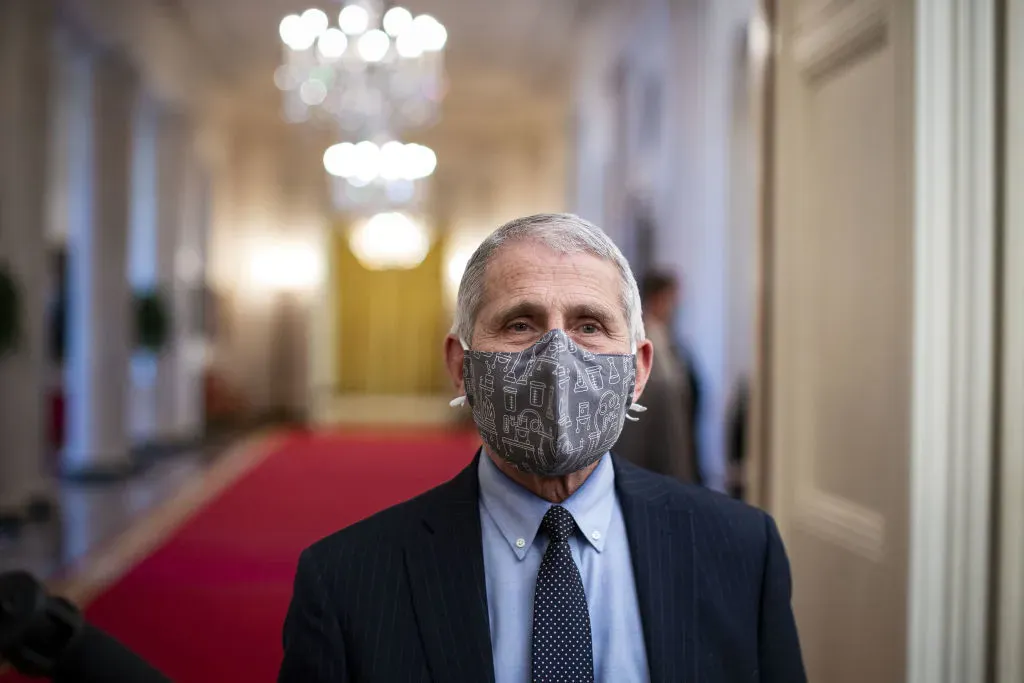Table of Contents
Jon Miltimore
Jonathan Miltimore is the Editor at Large of FEE.org at the Foundation for Economic Education.
New data from the Centers for Disease Control and Prevention show COVID-19 cases are again rising in some parts of the country.
The CDC’s map indicates that several states are experiencing a “substantial increase” in cases (more than 20%), including Texas , New Mexico, Kansas, and Nebraska, which saw a 57.3% spike from the previous week.
The local surges in COVID are a reminder that although the pandemic is over for many of us mentally, the virus continues to take its toll. Throughout September and October, more than a hundred Americans died every day from COVID on average, according to statistics. And history suggests those numbers will increase sharply during the winter months of January and February.
Despite this, there is little talk of reinstating the various draconian measures the government used to enforce compliance from 2020 to 2022. Indeed, even Dr. Anthony Fauci is singing a different tune.
Fauci, the former director of the National Institute of Allergy and Infectious Diseases, is now a professor at Georgetown University. But the man who was the architect of the government’s pandemic response still occasionally moonlights as a pundit on the television circuit, and in recent months, Fauci’s policy prescriptions have taken a stark turn.
While speaking to ABC’s Jonathan Karl on This Week earlier this fall , Fauci was asked who should be taking the new COVID booster.
“I believe we should give the choice to people that are not in the high-risk groups, to have the vaccine available for them,” Fauci replied.
Choice is the key word here. It’s a stark contrast to Fauci’s previous support of the White House’s vaccine mandate that required private companies to demand vaccination as a condition of employment.
“We know that mandates work,” Fauci told Wolf Blitzer in October 2021. “So, although you’d like people to do it on their own accord, sometimes mandates actually can help in that regard.”
Fauci’s new position isn’t just that low-risk people should get to choose, however, as his statement might imply. Fauci would subsequently imply that even high-risk people should be given a choice.
“Make [the vaccine] available to everyone, but certainly recommend it to high-risk people,” Fauci told Karl.
It’s a stunning reversal. Fauci is now using words such as “choice” and “recommend” in relation to vaccines — even for high-risk people. Talking points about the efficacy of mandates have vanished ( including mask mandates).
Now, one could argue that much has changed since 2021, and there’s truth to this. We know a lot more today than we did in 2021, including the fact that the vaccines don’t do what government officials initially said they would.
“You’re not going to get COVID if you have these vaccinations,” President Joe Biden said in July 2021.
“Our data from the CDC today suggest that vaccinated people do not carry the virus, you don’t get sick,” then-CDC Director Rochelle Walensky said .
These claims were untrue.
The vaccines don’t prevent COVID infection or transmission. And while they can reduce the risk of hospitalization and death from COVID, they do come with risks, including death — which is why the Department of Health and Human Services is hiring a slew of attorneys to defend itself from the flood of legal cases filed by those who say they were injured by the vaccines.
All of this, as well as a series of legal defeats of various vaccine mandates, helps explain why Fauci is suddenly a proponent of allowing people to choose whether to get vaccinated. But the single biggest reason for Fauci’s reversal is almost certainly this: The politics of vaccination have changed.
For a very long time, people were willing to march along with endless government mandates and mitigation strategies, many of which were not just ethically dubious but patently nonsensical , largely out of fear.
Those days are gone. The terror over COVID is over, and trust in public health has collapsed , which is undoubtedly part of why just 3.5% of people had received the new COVID shot as of last month.
To be clear, this should not be taken as evidence that COVID vaccines are good or bad. That’s the wrong question.
“The most basic question is not what is best, but who shall decide what is best,” the economist Thomas Sowell has observed.
The fact that Fauci is no longer presuming he should get to decide for people what they must put into their bodies is a very good thing. It’s just a shame it took him so long.
This article originally appeared on The Washington Examiner.
This article was originally published on FEE.org. Read the original article.









